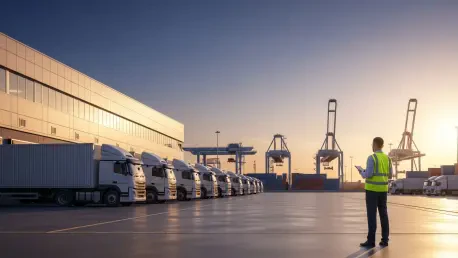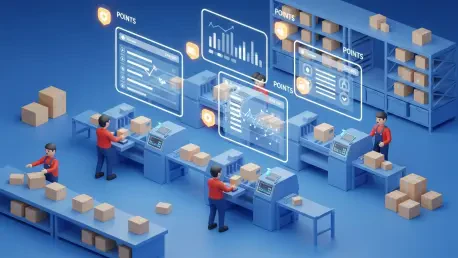
The velocity at which a single package traverses a border often tells a more compelling story about a nation’s economic health than its traditional gross domestic product figures alone. In the current landscape of African commerce, the logistics sector has evolved from a back-office necessity into

The final, critical journey of a parcel from a warehouse to a customer's doorstep has become the defining moment in South Africa's digital economy, a high-stakes arena where brand loyalty is won or lost in a matter of hours. As the nation's e-commerce market solidifies its position, surpassing the

The familiar hum of conveyor belts and the steady rhythm of forklifts are increasingly being joined by the digital chimes of achievements unlocked and leaderboards updated as warehouse operations undergo a fundamental transformation. A significant forecast predicts that by 2028, nearly half of all

The widespread integration of Artificial Intelligence is fundamentally rearchitecting the digital commerce sector, moving far beyond simple automation to become the core engine of growth and innovation. This review will explore the evolution of AI-powered tools, their key features, performance

The modern online shopper's desire for lightning-fast delivery and a clear conscience about environmental impact has created a logistical puzzle that many retailers are still struggling to solve. In response to this challenge, a powerful alliance between global logistics leader DHL and premium home

The Middle East and North Africa's booming e-commerce market presents a dazzling opportunity for small businesses, yet it simultaneously conceals a labyrinth of logistical complexities that can stifle growth before it even begins. In this fragmented landscape, a new player is emerging to provide a